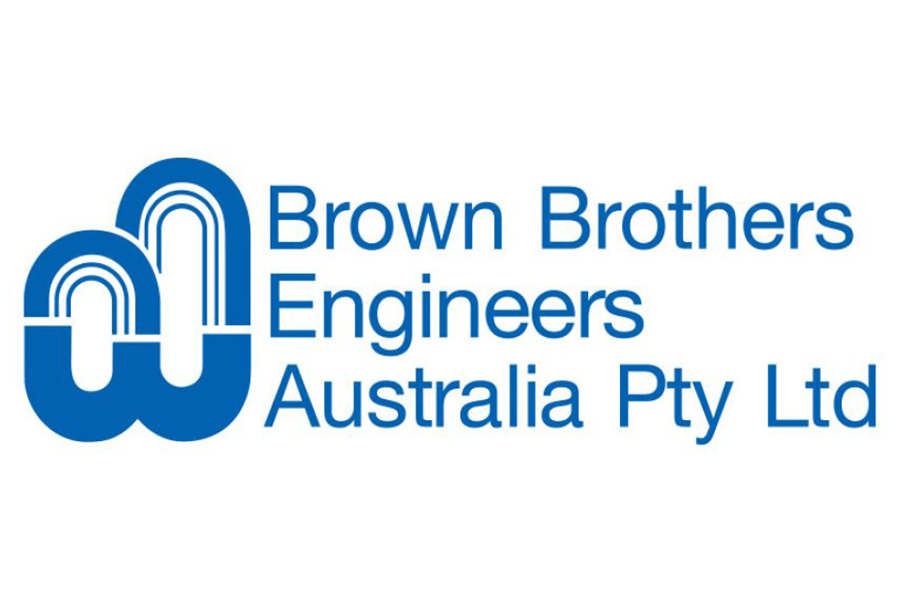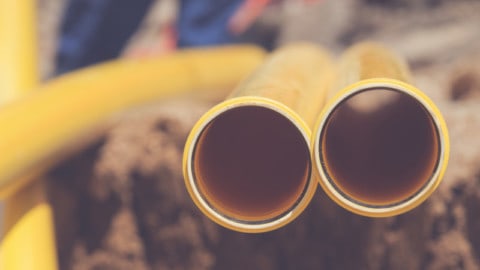Oil and gas industry body APPEA has made a submission to the Renewable Energy Target (RET) Review Expert Panel arguing that continued operation of the renewable energy target may drive up the cost of meeting the Australian Government’s 2020 greenhouse gas reduction target and inhibit the natural gas industry’s capacity to reduce greenhouse gas emissions.
APPEA suggests that “a RET is not the most efficient way to achieve emissions reductions because it forces higher cost renewable energy into the electricity generation mix at the expense of lower cost emissions abatement opportunities from gas generation and elsewhere in the economy”.
Furthermore, APPEA’s submission argues that assertions that the ‘merit order effect’ is a benefit flowing from the RET are not correct and should be rejected.
Although the RET may moderate wholesale electricity prices to an extent, APPEA says that the impact is transient and the cost reduction is significantly smaller than the direct cost of the scheme.
“Higher cost renewable energy sources increase the average cost of electricity supply and these costs must ultimately be recovered, notwithstanding any transient reduction in wholesale prices.”
APPEA argues that even if the RET remains, certain operational aspects of the scheme need substantial reform:
- 20 per cent by 2020 commitment: recent analysis (including by the Australian Energy Market Operator and the Australian Energy Regulator) suggests that the fixed annual level provided under the Act will result in a level of renewable energy generation well above 20 per cent. The fixed gigawatt hour target should be revised down to reflect the level required to achieve the 20 per cent by 2020 commitment.
- Treatment of trade-exposed industries through the Partial Exemption Certificate (PEC) provisions: Australia’s LNG exporters are among the most trade-exposed of all Australian exporters. They cannot pass increased costs on to consumers and any loss of international competitiveness would benefit Australia’s international LNG competitors or suppliers of alternative, higher greenhouse gas emitting, energy sources. To ensure trade-exposed industries, such as LNG, have their competitive position maintained, the PEC for trade-exposed industries should be increased to 100 per cent. In addition, the current narrow definition of LNG production used for the PEC should be amended to encompass the entire LNG production process and set on the basis of electricity use at the individual facilities.
- Self-generation provisions: the self-generation provisions contained in Act should be retained. Further, the Act should be amended to allow for contemporary resource development projects, such as those in the upstream oil and gas industry, to also be eligible under the provisions.
APPEA’s submission to the RET Review Expert Panel is available at http://www.appea.com.au.
















